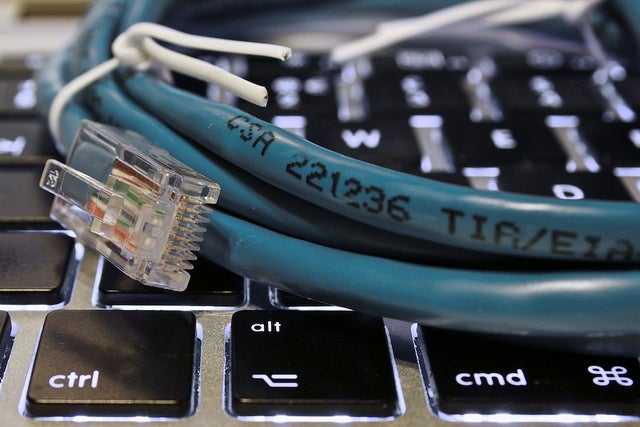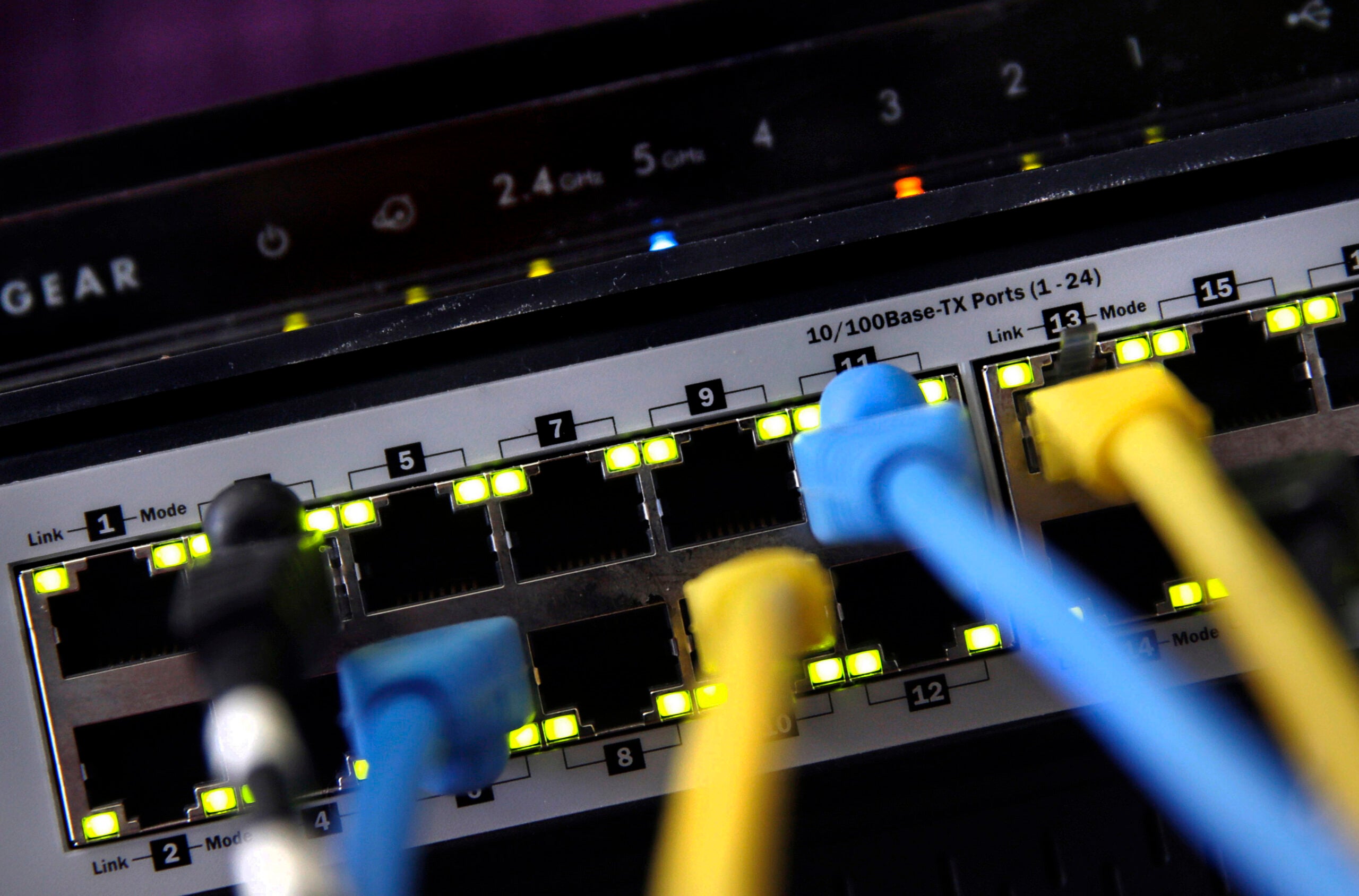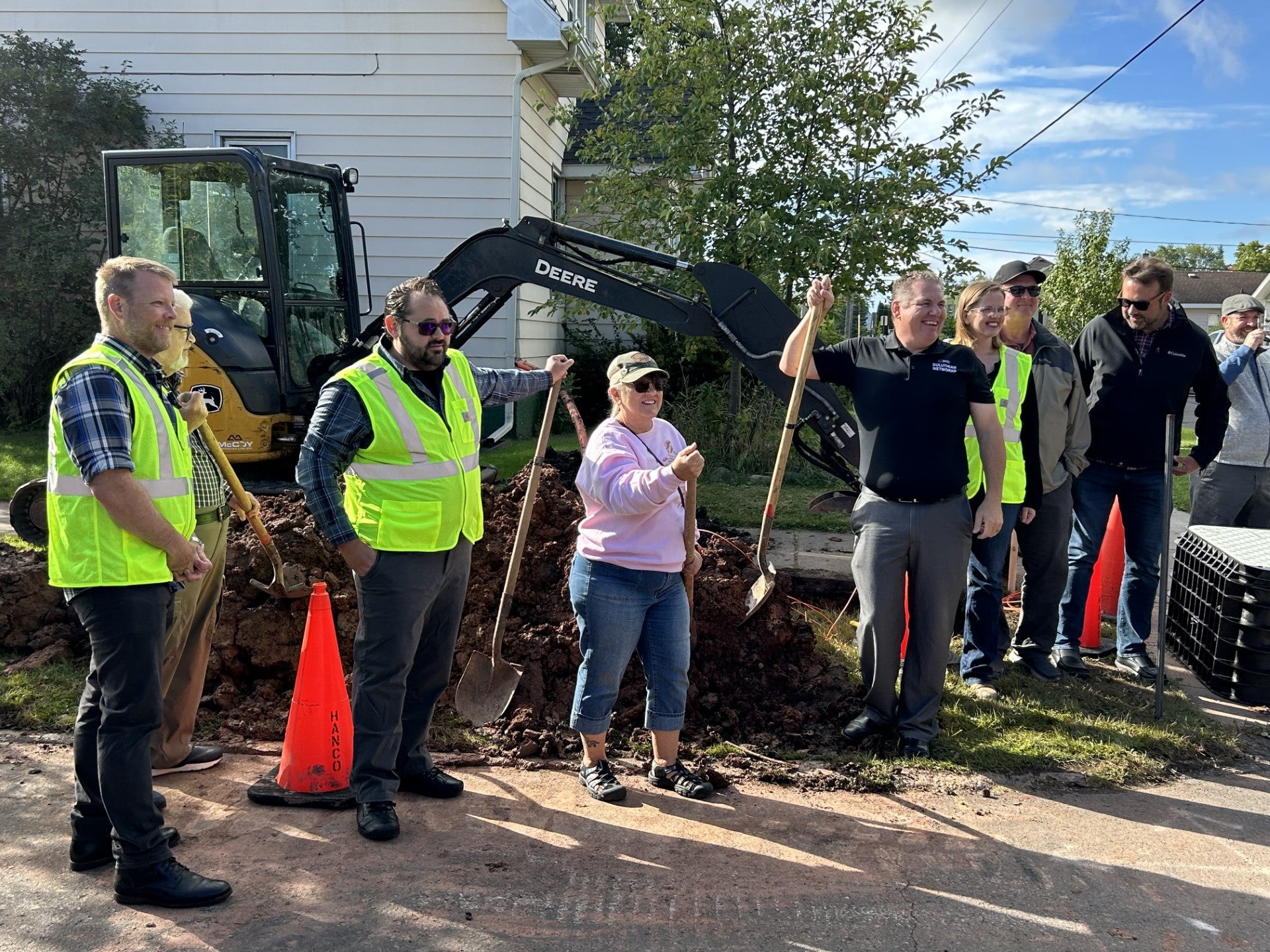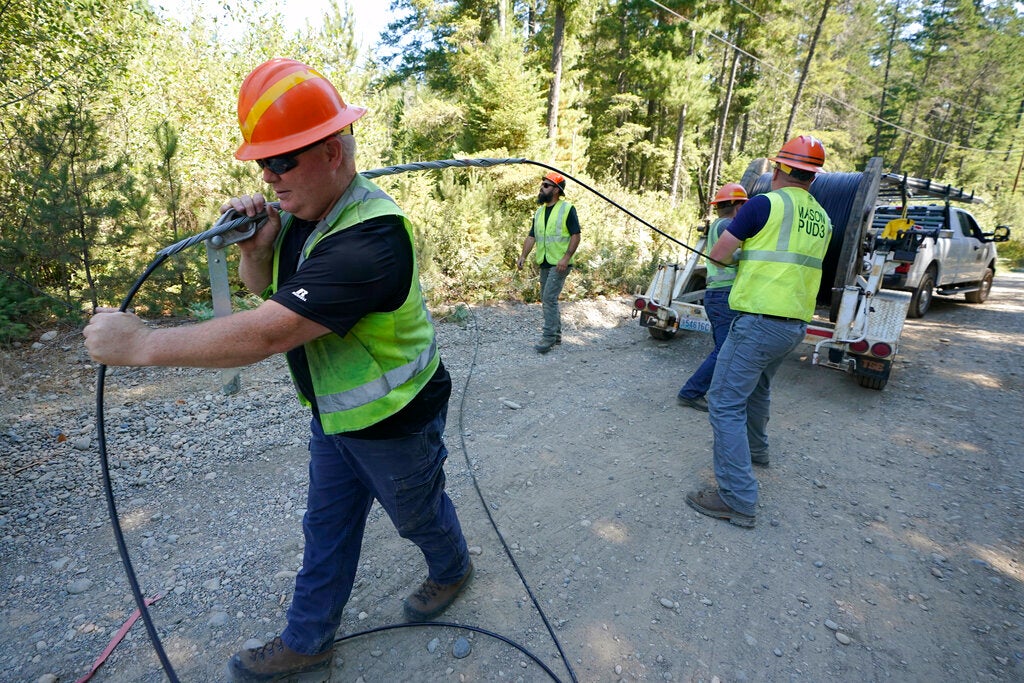This year, Wisconsin will provide a record amount of money for broadband internet in underserved areas of the state that need it for business, government and school. The $24 million the state is making available in 2020 through the Broadband Expansion Grant Program is the largest amount since the program began in 2014.
But it is not enough to meet demand.
“We received over $50 million in requests. That’s really been a consistent theme throughout our program,” said Jaron McCallum, state broadband director for the Public Service Commission of Wisconsin, which administers the grant program.
Stay informed on the latest news
Sign up for WPR’s email newsletter.
“Requests far exceed available funding. That (forces us) to really hone in those high-quality projects we see as having high impact,” McCallum explained during a panel discussion with Pew Charitable Trusts on Tuesday.
Some progress has been made recently. The number of rural Wisconsin residents lacking broadband access last year declined to around 486,000 residents, or roughly 28 percent of the state’s rural population, according to the Federal Communications Commission’s most recent broadband deployment report. In 2018, the commission reported 748,000, or around 43 percent, lacked high-speed internet in the state.
But Wisconsin’s broadband infrastructure also consistently ranks near the bottom of states in the nation. Wisconsin currently ranks 38th for internet access, out of all 50 states. That ranking makes Wisconsin’s goal of having internet access for all Wisconsin residents by 2025 a lofty goal, state Sen. Patrick Testin, R-Stevens Point told WPR in August.
Affordable internet access has been a goal of state officials said McCallum. He pointed to a partnership between the Public Service Commission and the state Department of Public Instruction to get low cost internet to kids, so they can do their homework.
The two agencies have created an online tool that allows school students to find internet assistance programs in their area.
Twenty percent of Wisconsin households earn less than $25,000 a year. Typical internet service in Wisconsin costs $600 to $800 annually, according to the DPI website.
The broadband expansion grants are designed to support public-private partnerships that extend internet access to locations where it does not exist. Applicants typically provide a cash match of at least 50 percent.
In one example of such a partnership, the Bloomer School District in rural northwest Wisconsin and the Bloomer Telephone Company teamed up with the region’s Cooperative Educational Service Agency (CESA) to bring fiber service to every address where students live in the district.
Wisconsin Public Radio, © Copyright 2025, Board of Regents of the University of Wisconsin System and Wisconsin Educational Communications Board.



